Are you considering vinyl flooring for your new build or renovation project? The world of vinyl flooring can get a bit confusing as there are so many product variations and all sorts of acronyms. One of the terms you may come across as you shop around is engineered vinyl plank flooring (EVP).
In this article, I will answer the question: what is engineered vinyl flooring (EVP)? You will learn about its differences and similarities with luxury vinyl flooring, its benefits, and some of the downsides you should consider so you can buy the perfect flooring for your home or building. Let’s get to it!
Table of Contents
What Is Engineered Vinyl Flooring
Engineered vinyl flooring is a relatively recent innovation in the vinyl flooring market. Despite marketing claims that EVP is a new product, the truth is it is a type of luxury vinyl flooring, which has been around for a couple of years now.
The vinyl flooring market has many products and options from which to choose, from planks to tiles, sheets to glue down products, high-end planks to cheap vinyl.
EVP typically comes as floating planks and shares many qualities with the regular luxury vinyl planks (LVP). But, there are significant differences between EVP and LVP, starting with their construction.
EVP is made up of five layers. These include:
- Wear layer: This clear protective layer protects the product from scratches and wear and tear and increases longevity.
- Deco layer: The best EVP products come with hyper-realistic printed designs that mimic the look and feel of stone, ceramic, or hardwood.
- Vinyl core: This offers EVP its renowned waterproof characteristics.
- Rigid stone-based core: This layer is made using limestone. It provides stability and helps to hide any imperfections on the subfloor.
- Backing layer: Made with soft materials such as felt or cork, the backing gives EVP its sound-absorbing capabilities as well as grip for added stability.
The Difference between LVP and EVP
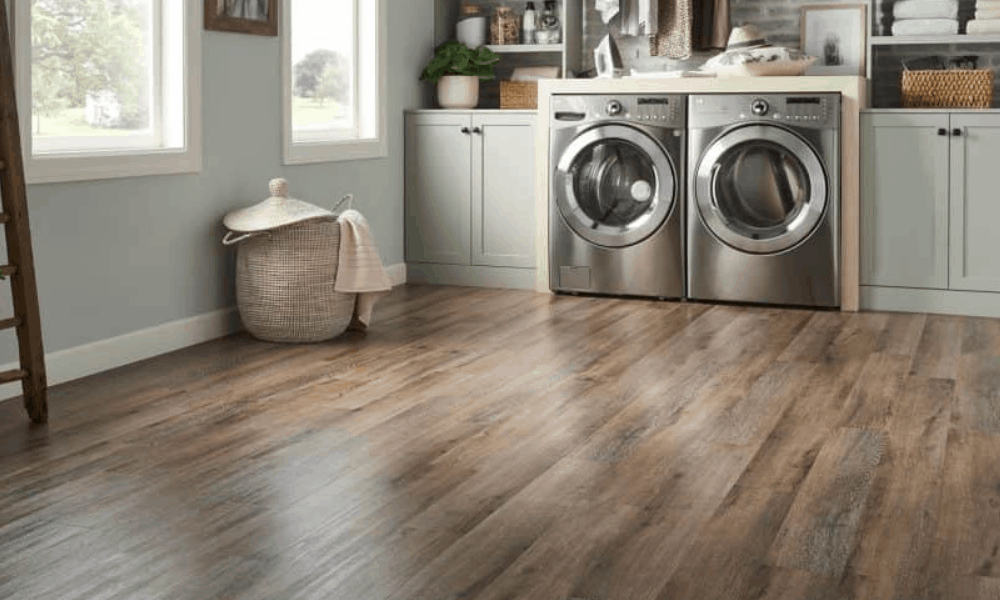
Luxury vinyl planks (LVP) and engineered vinyl planks (EVP) are visually similar. They also share many great qualities, including being waterproof, durable, and stable. However, there is one main difference between the two flooring options.
EVP has a rigid core made up of limestone, a feature that is lacking in LVP flooring, which has a more flexible vinyl core instead. The stone core makes EVP the more stable of the two flooring products.
Both LVP and EVP have a significantly long life span. But, the stone core in EVP flooring allows for an even longer life span and gives you a return on your investment.
The Benefits of Choosing Engineered Vinyl Flooring
Despite being a relatively new flooring product, EVP has become very popular, and for a good reason. Let us look at the reasons that make it a winner in the luxury vinyl flooring category.
1. Attractive Appearance and Texture
Hardwood is one of the most beautiful flooring options, but it can also be quite expensive and out of reach if you are looking for pocket-friendly options. EVP is an excellent alternative, as it closely mimics the look and feel of actual wood—your visitors will not tell the difference between your EVP floors and real hardwood!
You will find EVP products with all kinds of wood, stone, and ceramic tile patterns to suit your taste and décor needs. All this at a fraction of the price of real hardwood and ceramic and without sacrificing quality.
2. Durable
When investing in a flooring product, you want to be sure that it will last you a long time with minimal replacement or repair costs. EVP is the most durable of all vinyl flooring products because of its rigid stone core.
It is even more resilient than most of the hardwood flooring available today. With engineered vinyl, you don’t have to worry about dealing with unsightly scratches even when you have small kids, pets, or an active family.
3. Waterproof
Vinyl plank flooring is waterproof, which gives it a great advantage over other floor options. If your EVP is properly installed, you don’t have to worry that water will seep through to your subfloor and ruin your flooring.
You also don’t need to deal with expensive sealing products to retain the floor’s waterproof quality. This makes EVP the perfect flooring product for moisture-prone areas such as the kitchen, bathroom, laundry area, and mudroom.
4. Easy to Install
EVP is available as floating click and lock planks. These interlocking planks are incredibly easy to install if you have handy skills.
Even if you prefer having a professional install the flooring for you, the per square foot cost is still pocket-friendly compared to hardwood installation.
Few flooring options offer a combination of ease of installation, affordability, and quality as EVP.
5. Low Maintenance
An important quality you want in a flooring product is the ease of maintenance. You don’t want a floor that will cost you more in maintenance than in purchase and installation costs.
EVP is very low maintenance, only needing mopping using water and mild soap and regular vacuuming or sweeping to keep your floors in tip-top condition.
That said, be sure to use the correct vacuum accessories—avoid beater bar or rotating brush vacuums as these will scratch and age your EVP floors fast. My best advice is to keep it simple; as said, basic mopping and sweeping is all your floors need.
6. Comfortable and Sound Resistant
Finding a flooring option that offers a balance between comfort and beauty isn’t always easy, but EVP offers the best of both worlds. The best EVP flooring brands feature a base made using cork dust and chips, offering your floors a remarkably soft feel underfoot.
Cork also does a great job of muffling sound so you can enjoy a quieter home. In addition, the cork underlayment hides imperfections on the subfloor, leaving you with a perfectly leveled and smooth floor.
The Downsides of Engineered Vinyl Flooring
There is no denying that EVP has many amazing benefits. But, it is also important to be aware of a few downsides of this flooring option.
1. Prone To Discoloration from UV Rays
Prolonged direct exposure to sunlight can bleach EVP, causing the color to fade from the original bright sparkle to a dull patina.
EVP flooring does come with a UV-resistant wear layer so that discoloration won’t happen instantly, but you should take steps to protect your floors from UV rays. Alternatively, consider installing EVP only in areas that do not receive direct sunlight.
2. Possible Installation Difficulties
Engineered vinyl planks are not difficult to install. You can easily get the job done on your own if you have some handy skills. But, if you have a complex floor plan or want to install an intricate EVP flooring pattern, you might need to hire an installation pro.
In this case, be sure to account for the cost of installation when evaluating your flooring options.
3. Damage to EVP is Irreparable
EVP is very strong and resistant to damage. The flooring is made using a stone core, wear layer, and an equally durable underlayment, and it will take a lot to damage it.
That said, if your EVP floor succumbs to any damage, you will have no option but to replace the damaged plank (s). It is impossible to apply a finish or sealant to cover up the damage—once the floor is damaged, nothing can be done but to buy and install new planks.
This can be inconvenient depending on the difficulty level of installing the planks. For example, some flooring plans can be especially difficult to work around, making it hard to reinstall new planks.
4. Availability
EVP is still relatively new compared to standard luxury vinyl flooring. As such, you might have an easier time finding LVP than EVP in local stores, especially if you are looking for more affordable options.
The good news is if your local flooring store does not carry your desired EVP product, you can order from online retailers and have it delivered where you are.
Bottom Line
Vinyl flooring has come a long way, and engineered vinyl flooring is the latest innovation. As you can see, the benefits of this new product far outweigh the downsides. EVP is the sturdiest and most durable of all vinyl flooring products. It also offers the perfect balance between comfort and beauty while being super low-maintenance.
Regardless of how niche your style, pattern, and texture preferences may be, you will find EVP flooring that meets your needs. I hope this guide has adequately answered the question: what is engineered vinyl flooring? With this information, you will be well on your way to selecting a fantastic flooring product for your home!
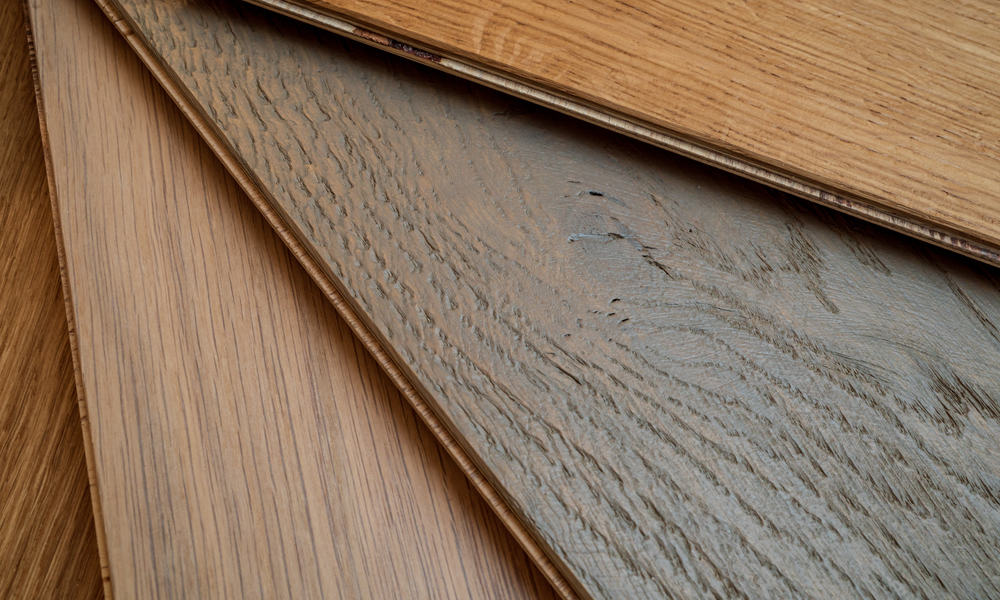
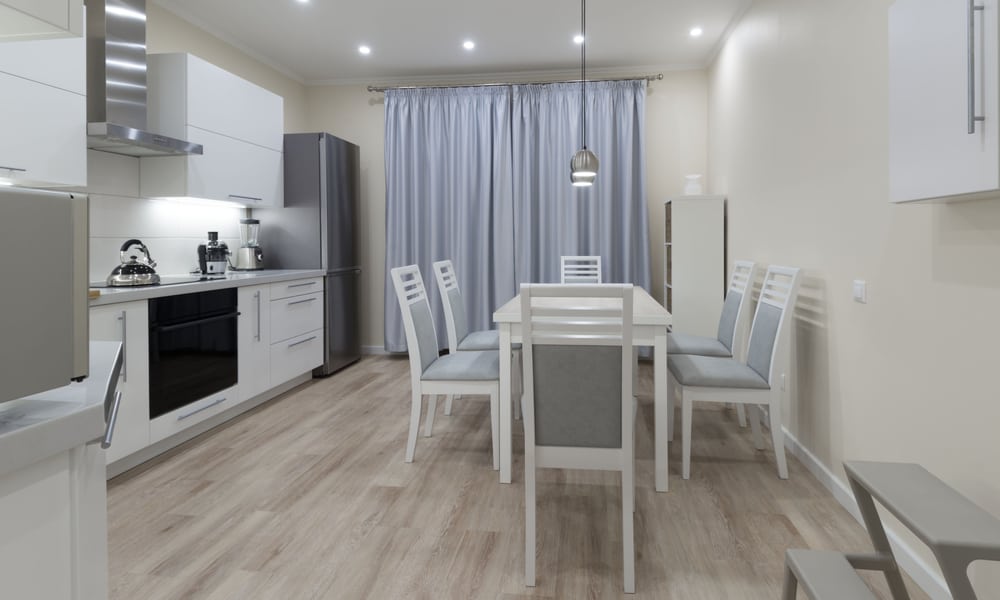
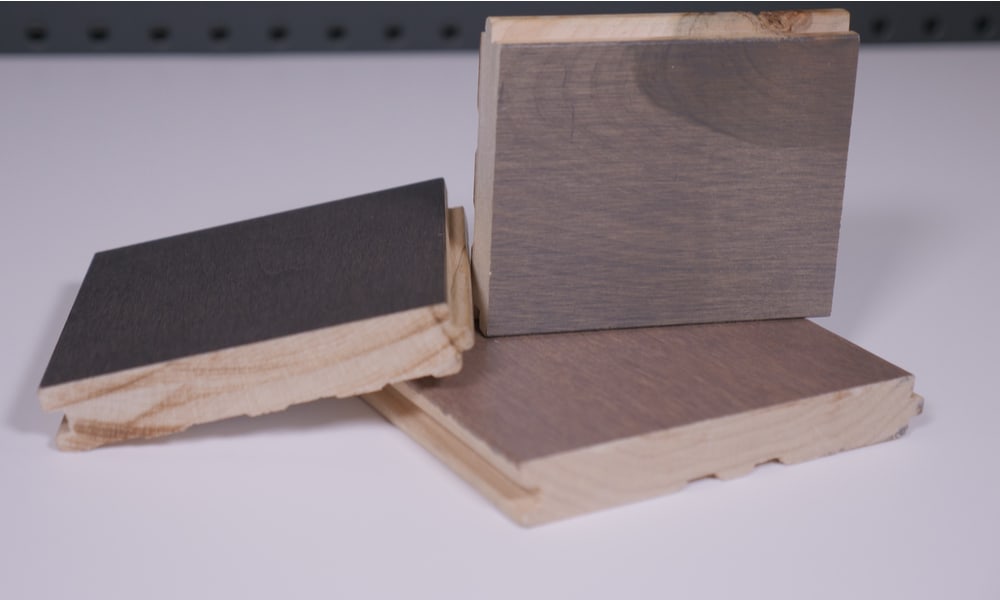
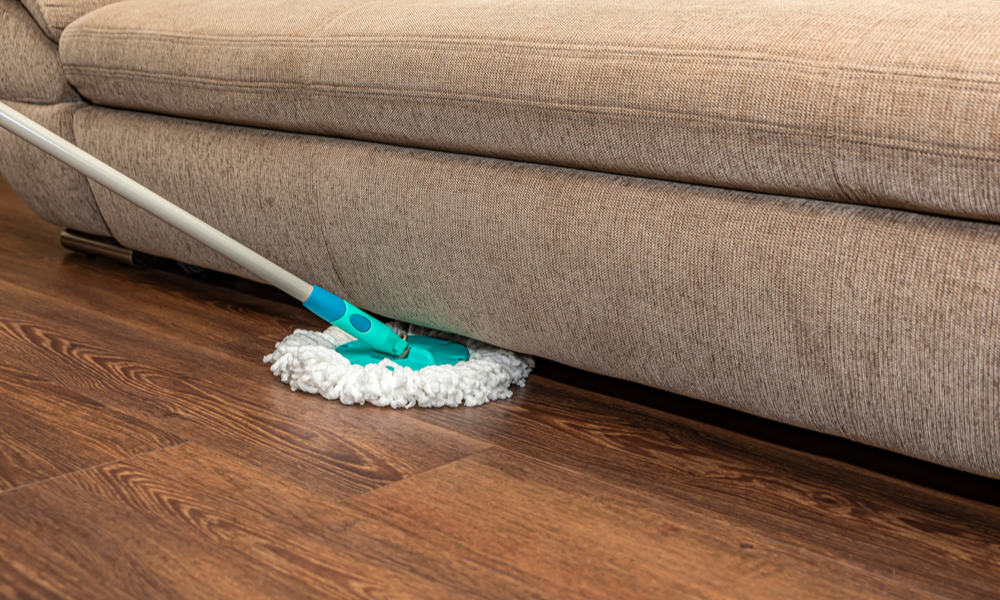
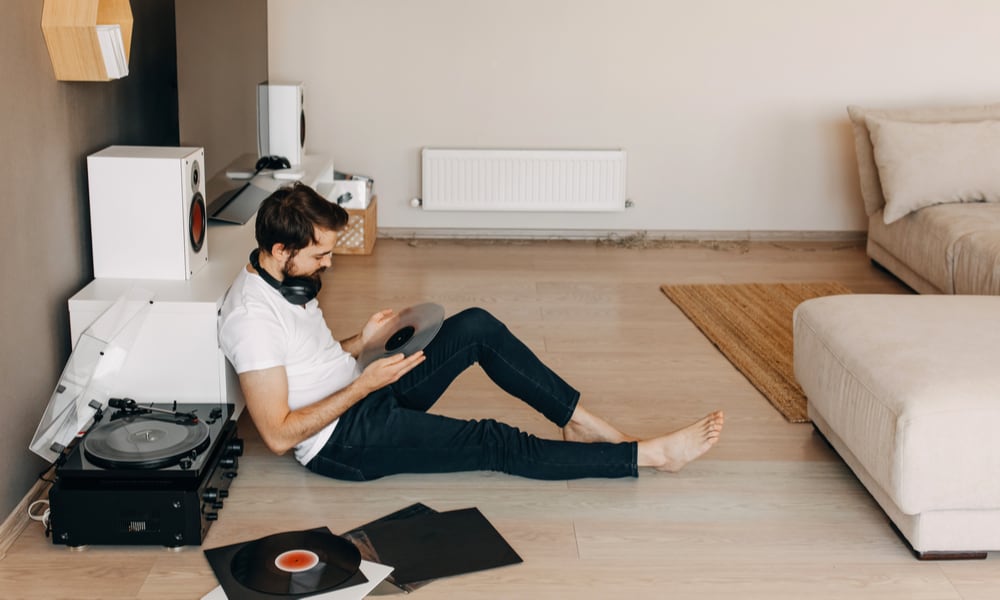
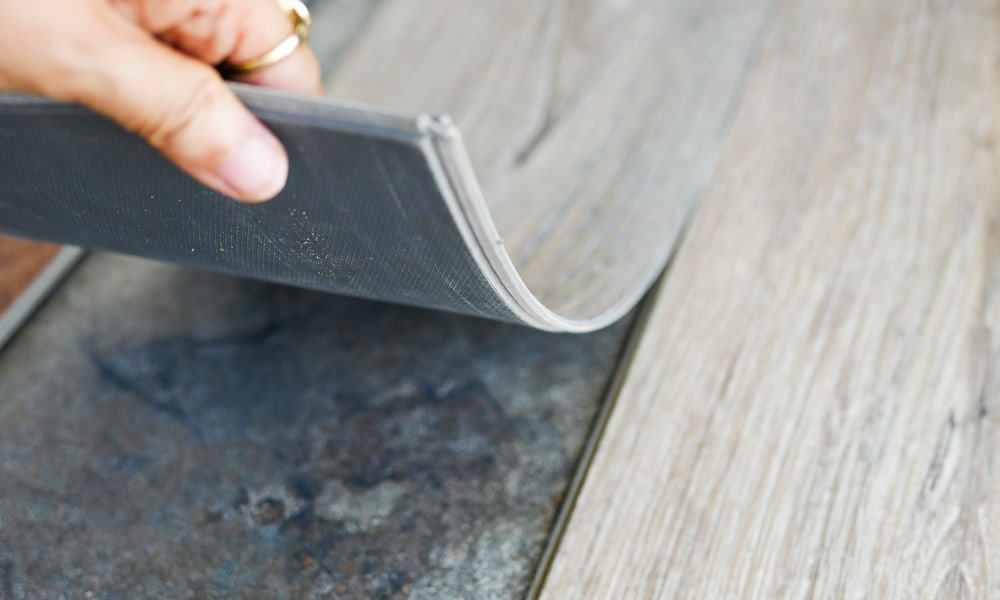
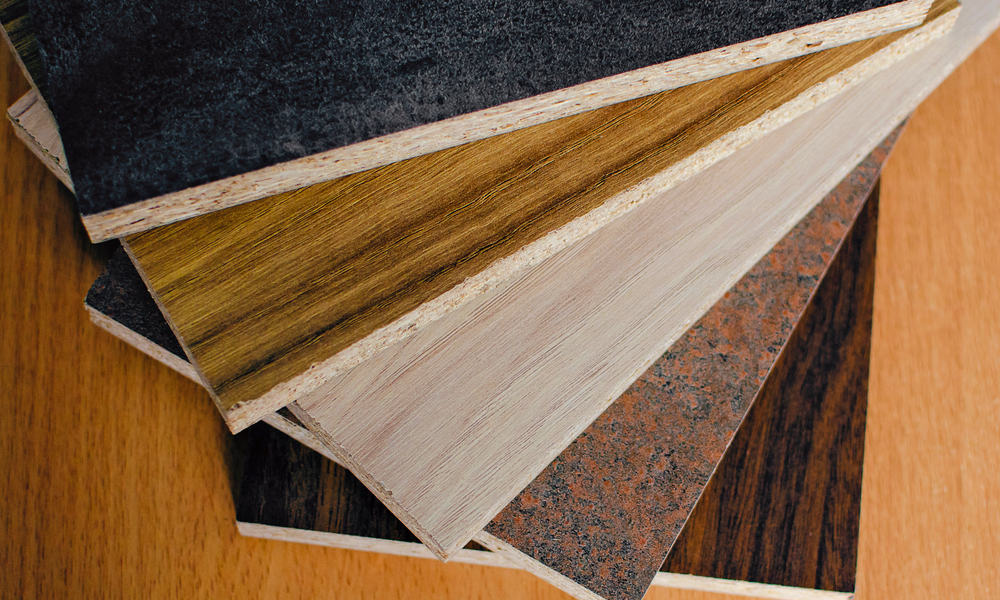
Thank you for mentioning that EVP flooring is low in maintenance which saves money. I am building a new home this year and deciding on my flooring right now. I will find a reputable EVP flooring installation service nearby.